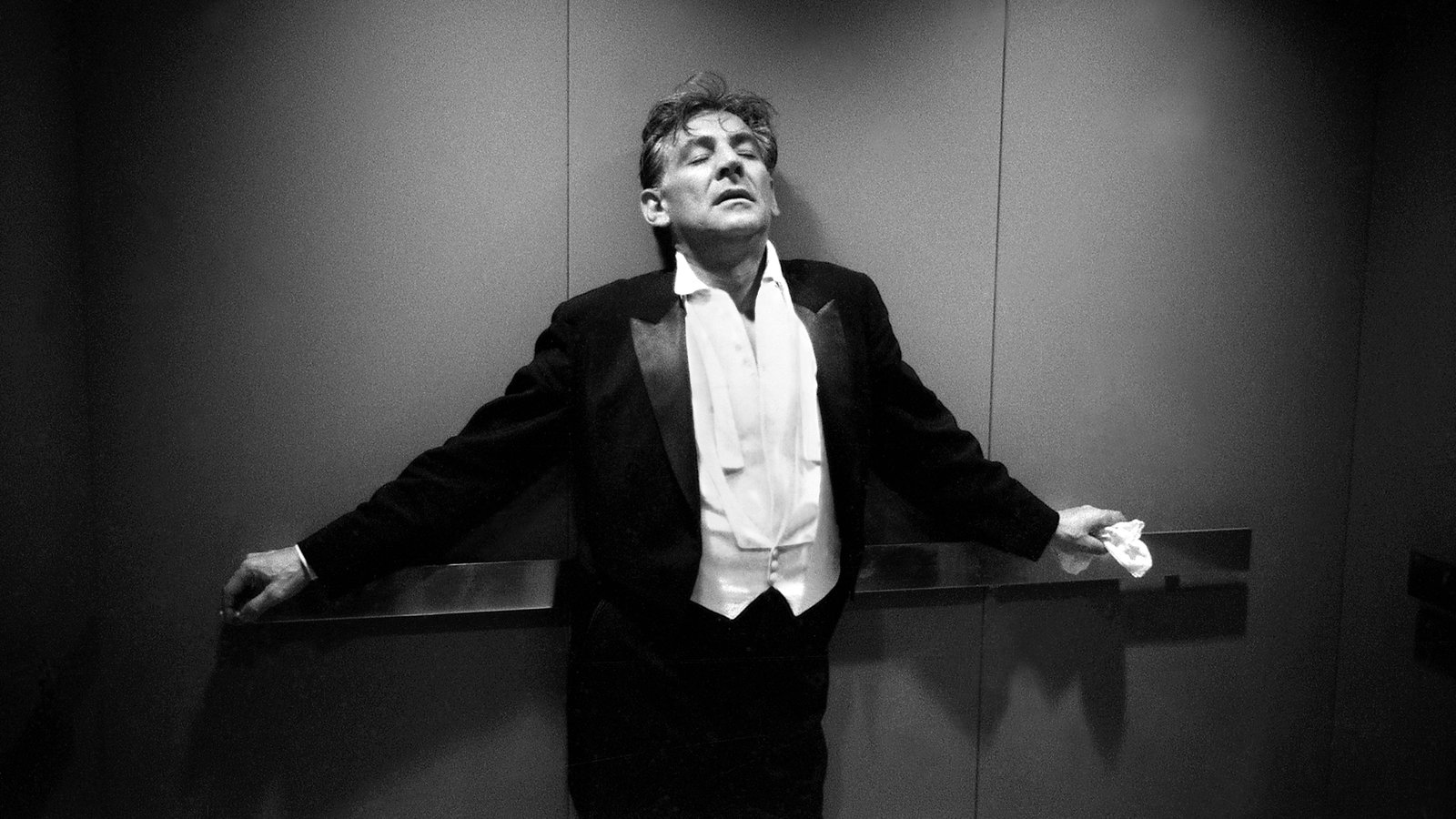Leonard Bernstein was one of the most influential figures in 20th-century music. As a composer, conductor, educator, and pianist, his contributions spanned multiple genres, from orchestral and choral music to Broadway musicals and film scores. Here, we explore ten of his most celebrated compositions, showcasing his versatility and brilliance.
1. West Side Story (1957)
“West Side Story” is perhaps Bernstein’s most famous work. This groundbreaking musical, with lyrics by Stephen Sondheim, is a modern retelling of Shakespeare’s “Romeo and Juliet” set in New York City. The score combines elements of classical music, jazz, and Latin rhythms, producing timeless songs like “Maria,” “Tonight,” and “Somewhere.” Its innovative fusion of styles and emotionally powerful music has made it a staple of both the Broadway and classical repertoires.
2. Candide (1956)
Based on Voltaire’s satirical novella, “Candide” is a comic operetta that has enjoyed enduring popularity. Bernstein’s sparkling score includes the overture, which has become a favorite concert piece, and arias such as “Glitter and Be Gay” and “Make Our Garden Grow.” The music is witty, lush, and often challenging, reflecting the philosophical themes of the story.
3. Symphony No. 1 “Jeremiah” (1942)
Bernstein’s “Jeremiah Symphony” is his first symphony, composed during World War II. It is a deeply emotional work, with influences from Jewish liturgical and folk music. The symphony, particularly its third movement, “Lamentation,” which includes a mezzo-soprano solo singing Hebrew texts, conveys a profound sense of anguish and hope.
4. Chichester Psalms (1965)
Commissioned for the Southern Cathedrals Festival at Chichester Cathedral, “Chichester Psalms” is a choral work set to Hebrew texts from the Psalms. The piece combines traditional Jewish melodies with modern harmonies and rhythms. Its second movement, featuring a boy soprano, is particularly well-loved for its beauty and serenity.
5. Symphony No. 2 “The Age of Anxiety” (1949)
Inspired by W.H. Auden’s poem “The Age of Anxiety,” Bernstein’s second symphony is a complex and introspective work. It features a prominent solo piano part and explores themes of existential dread and spiritual search. The symphony’s innovative structure and emotional depth make it a significant contribution to 20th-century orchestral music.
6. Mass (1971)
“Mass: A Theatre Piece for Singers, Players, and Dancers” was commissioned by Jacqueline Kennedy for the opening of the Kennedy Center in Washington, D.C. This eclectic and ambitious work incorporates elements of rock, jazz, blues, and classical music. It tells the story of a celebrant’s crisis of faith and has been praised for its powerful narrative and diverse musical styles.
7. On the Town (1944)
“On the Town” is a musical comedy that follows the adventures of three sailors on shore leave in New York City. Bernstein’s score, with lyrics by Betty Comden and Adolph Green, is vibrant and full of life, featuring songs like “New York, New York” and “Lonely Town.” The music’s energy and inventiveness have made it a favorite in musical theater.
8. Fancy Free (1944)
“Fancy Free” is a ballet that tells the story of three sailors on a night out in New York City. Choreographed by Jerome Robbins, it was Bernstein’s first major composition and later served as the basis for “On the Town.” The score’s jazzy rhythms and lyrical melodies capture the exuberance and spontaneity of youth.
9. A Quiet Place (1983)
“A Quiet Place” is an opera that serves as a sequel to Bernstein’s earlier work, “Trouble in Tahiti.” It explores complex family dynamics and personal reconciliation. The music is richly textured and emotionally intense, reflecting Bernstein’s mature style.
10. Trouble in Tahiti (1952)
“Trouble in Tahiti” is a one-act opera that satirizes the suburban American lifestyle of the 1950s. The score blends jazz, popular music, and classical elements, creating a unique and compelling narrative. The opera’s exploration of themes like disillusionment and the search for happiness remains relevant today.
Leonard Bernstein’s diverse body of work continues to captivate audiences worldwide. His ability to seamlessly blend different musical styles and his deep understanding of human emotions make his compositions timeless masterpieces. These ten works represent the breadth and depth of his genius, solidifying his legacy as one of the greatest composers of the 20th century.


Comments are closed